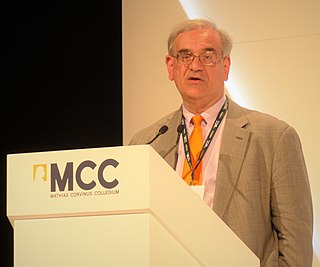A Quote by Alan Lightman
Unfortunately, public debates do not have much room for subtlety. The audience wants a quick thrust at your opponent, not a slow and convoluted series of moves. Whenever Obama uses subtleties in discussing a complex issue, he gets creamed.
Related Quotes
Take a look at the current debates in Washington, and of course, everything in the media. Only one issue is discussed: the deficit - the least significant issue, but the most significant issue for the banks. The big problem, joblessness, is barely discussed, even though that's what the public wants, as polls clearly show. That's even what the business press supports, but the financial institutions are so powerful that the only issue is the deficit, and this runs right through the intellectual culture.





































